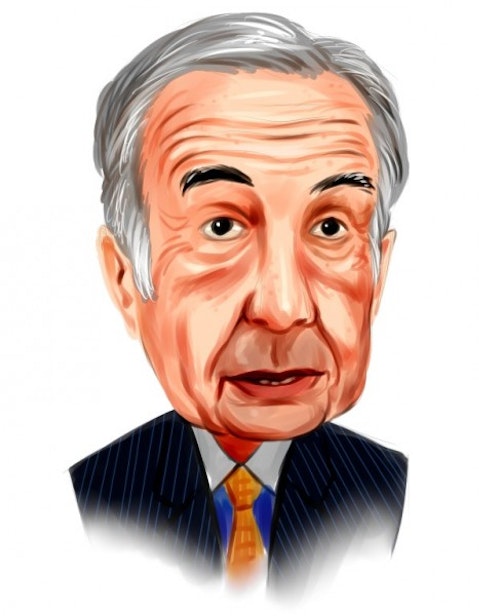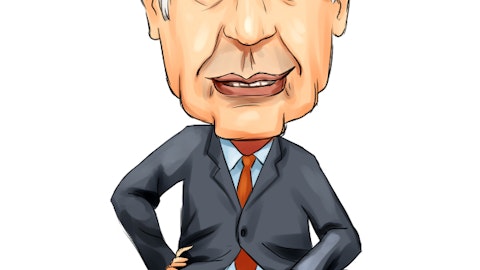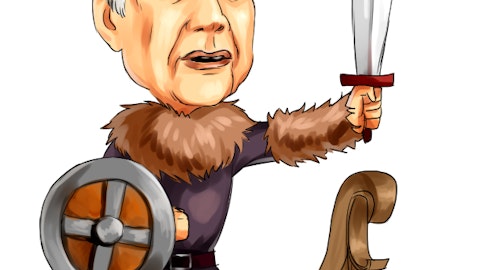Billionaire Carl Icahn of Icahn Capital has recently increased his stake in Federal-Mogul Holdings Corp (NASDAQ:FDML) by acquiring around 17.48 million shares of the company. The securities have been purchased at a price of $13.15 per unit, upon exercise of subscription rights which expired on March 23 according to a filing with the Securities and Exchange Commission. In this way, after the acquisition, Mr. Icahn owns roughly 138.89 million shares of Federal-Mogul Holdings, which represent nearly 82% of the company’s common stock.

Mr. Icahn has been one of the largest shareholders of Federal-Mogul Holdings Corp (NASDAQ:FDML) since 2008, when, after the company’s emergence from bankruptcy, the investor agreed to swap bonds for equity. In addition to holding 82% of the company, Mr. Icahn also serves as the non-executive chairman and director of the board. Meanwhile, the stock of the $1.9 billion auto parts and power trains supplier, is down by 25% over the last three years, and the decision made in September to spin-off its auto-parts segment also didn’t help much, as the stock has declined by more than 20% since then.
Federal-Mogul Holdings Corp has been registering revenue growth in the last several years, and even though its net earnings missed the estimates, the company’s EBITDA has also been increasing. Analysts, however, are not very optimistic about the company’s prospects, since Zacks and Gabelli have both recently downgraded the stock, to ‘Underperform’ from ‘Neutral’ and to ‘Hold’ from ‘Buy’ respectively, with Zacks maintaining its price target at $12.60 per share. Moreover, since Mr. Icahn holds 82% of Federal-Mogul Holdings, other investors own much less significant positions in the company. Among the funds that we track, the second-largest stake is held by Mario Gabelli’s GAMCO Investors, which owns 6.03 million shares as of the end of 2014.
Following the activity of activist investors like Mr. Icahn can be very useful for other investors seeking opportunities in the market. In fact, other funds might sometimes imitate the moves of activists if they share the same opinions and consider that the activist has a great chance to succeed in its campaign of increasing the shareholder value of the company. However, this “piggybacking” is not the only way to beat the market, especially if we take into account that the number of stocks that are targeted by activists is relatively small compared to the size of the stock market and doesn’t do much in terms of portfolio diversification. Another way that a retail investor can beat the market is by imitating the most popular small-cap stock picks among hedge funds. Through backtests, we discovered that a portfolio consisting of the 15 most popular small-cap stocks among hedge funds managed to outperform the market by nearly one percentage point per month between 1999 and 2012. Based on these results, we launched a strategy in August 2012 and over the last 2.5 years, this strategy provided gains of 132%, beating the market by 79 percentage points (read more details here).
Following the activity of Mr. Icahn, who is one of the greatest activist investors on Wall Street, can also provide a lot of opportunities for smaller investors looking for market-beating returns. For example, the stock of Family Dollar Stores, Inc. (NYSE:FDO) is up by 30% since the beginning of June 2014, when Mr. Icahn disclosed a 9% stake in the company and later pushed for a sale of the company (he sold out his stake afterwards).



